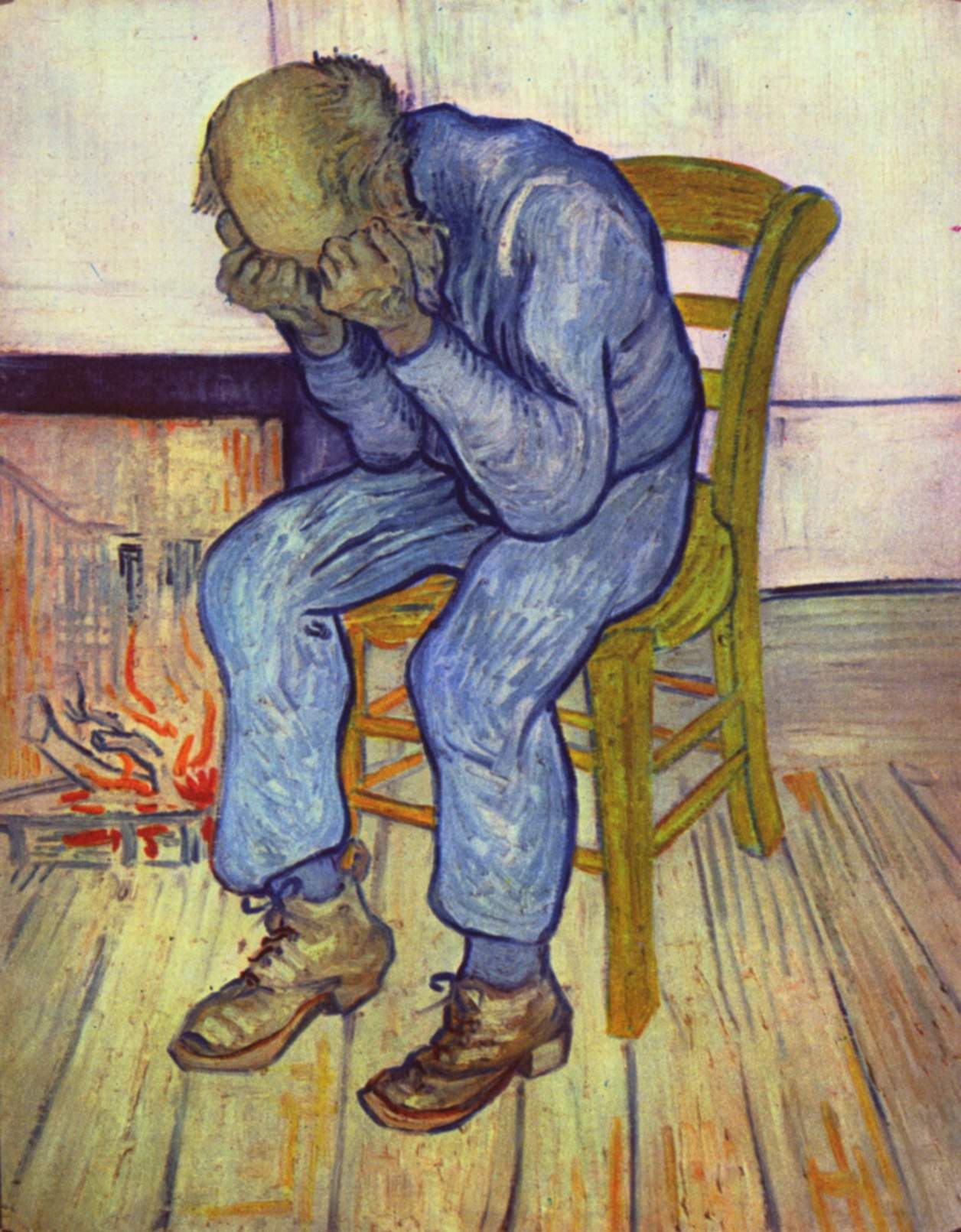According to some formulae, the third Monday in January is the most depressing day of the year (the calculation involves bad weather, Christmas debt and time since failing to fulfil New Year’s resolutions, among others) and has been tagged ‘Blue Monday’.
Although there is no scientific basis to this formula there is no doubt that this is a difficult time of year for some people and why the day has developed this status isn’t that surprising. Any party that lasts from Christmas Eve to New Year’s Eve is bound to result in a serious hangover, and the return to reality after a long break can be depressing for some. It’s especially true in the current economic climate, where the news may appear to be an unrelenting and daily dose of decline, dour weather and increased prices and lower income.
However there are simple things that anyone can do to cheer themselves up, even on this allegedly bleakest of days.
Firstly, exercise. Many people will have joined a gym in the New Year but this isn’t strictly necessary, and it is easy to fall away, particularly when the nights are cold and dark and you have all those DVD boxsets that you received as presents to watch. The best thing to do is to make small changes to your routine which increases the amount of exercise you do.
Examples of these small changes could be getting off the bus a stop early or, for those that drive to work, parking the car a five-minute walk away.Even minor activities can improve your mood.
Another thing that can improve your mood is diet, so try and eat healthily. That doesn’t necessarily mean not eating things that you like, but trying to achieve a reasonable balance between those things that are good for you such as fresh fruit and vegetables and those that are ‘naughty but nice’. Good nutrition supports your brain as well as your body.
Many people may not feel that they need this advice after a heavy festive period but being careful about alcohol intake is important. It might feel like having a couple of drinks can cheer you up but you need to remember that alcohol can act as a depressant, and what goes up must come down.
It is unlikely that ‘sleeping well’ will be in many peoples’ New Year’s resolutions but getting a decent night’s sleep is vital to anyone’s wellbeing. Having a good routine is key, as sleep irregularities can negatively affect mood.
Some people find sharing their problems difficult, and this is especially an issue among some men, who think talking about their feelings is a sign of weakness. The opposite is actually the truth. It takes great courage to ask for help and there is no shame in it. If you feel uncomfortable talking to people you know, then organisations like the Samaritans are available 24-hours a day and you can call anonymously. And always remember that feeling sad at times is just part of the human experience. It will pass.
People who feel low often isolate themselves from others but this is the last thing they should do. Spending time with people whose company you enjoy and engage in activities such as going for a meal or to the cinema. If money is a problem, then go for a walk or visit a museum or art gallery. There are plenty of things that you can do for free.
The most important thing to keep in mind is that there is so much you can do to improve your mood, whether it’s exercise, watching a film you enjoy or socialising. The New Year can be a new and more positive start.
If you regularly experience sustained periods of anxiety or depression then make an appointment with your GP.
If you would like to know more about Life-Goals Psychotherapy in Warrington, Cheshire and South Lancashire click here.
To contact us directly contact us




